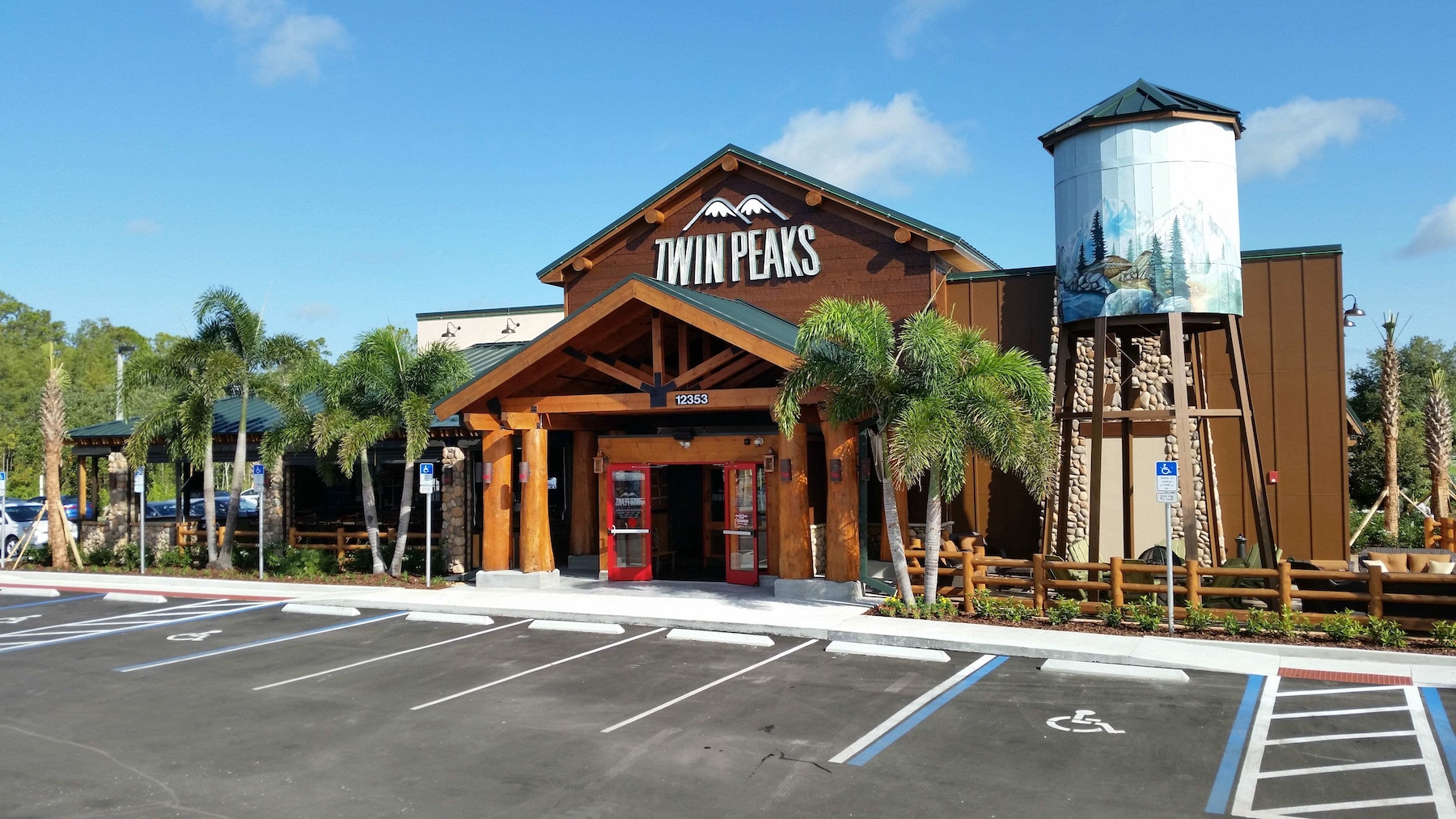Staying Ahead in a Competitive Landscape: Twin Peaks’ Competitive Intelligence Success
Competition is intensifying as new restaurants continue to emerge and well-established brands broaden their market shares.
According to a recent report by the National Restaurant Association, 47% of restaurant operators expect competition to be more intense as the year progresses. As such, to remain relevant and reduce the risk of falling out of favor with diners, brands must strive to know their competitors just as well as they know their customers.
For the famous sports bar chain Twin Peaks, competitive intelligence has helped propel them ahead of the curve.
Andy Wiederhorn, CEO and president of FAT Brands, a global franchising company that acquired Twin Peaks in 2021, said in the company’s May earnings call, “Twin Peaks continues to produce industry-leading AUVs of around $6 million, with some of our highest volume locations in Florida, generating AUVs between $9 million and $12 million each—additionally, these restaurants have very strong margins.”
Twin Peaks attributes its success to making improvements in the guest experience, and benchmarking is an integral part of its strategy, as learned from this Q&A:
What are the building blocks of your benchmarking strategy?
We align everything with our mission/vision and goals of the company. We make sure that everything we do is positively impacting them. The things we measure can change depending on what we are focused on, but the main areas never change sales, traffic, social scores, and people metrics.
What are the MOST important metrics you track?
Traffic and intent to return.
What benchmarking metrics bring you the most ROI or value?
Sales, traffic, intent to return, turnover, actual versus theoretical food costs, and labor hours per 100 guests.
How do tracking comp sales and traffic data contribute to your overall growth strategy?
We firmly believe that sales and traffic speak to the health of the business. GuestXM gives us the data point of understanding our health and trends versus the impact of external market conditions.
What internal benchmarking is most beneficial to your organization?
Volume banding comparisons and key performance indicator reporting.
What external benchmarking is most beneficial?
Sales and traffic versus market, all social scoring regarding the guest experience at our restaurants versus competitors, turnover, salary, and benefit comparisons (to make sure we are staying competitive).
Who manages benchmarking at your organization?
Since we are a small group, we all work on benchmarking. Finance measures things impacting sales and traffic. Training/HR measures turnover and marketing measures the social space.
What are the positive effects on your business you’ve seen from benchmarking your metrics?
It has helped us understand where our strengths and weaknesses are, what makes our guests come back, and what keeps them away. From there, we can create plans to maintain our strengths while focusing on our weaknesses.
What internal processes or practices have been impacted as a result of insights gained from benchmarking?
Benchmarking impacts everything we do, both within the corporate office to the field. It helps us understand where our focus needs to be in every aspect of the organization.
